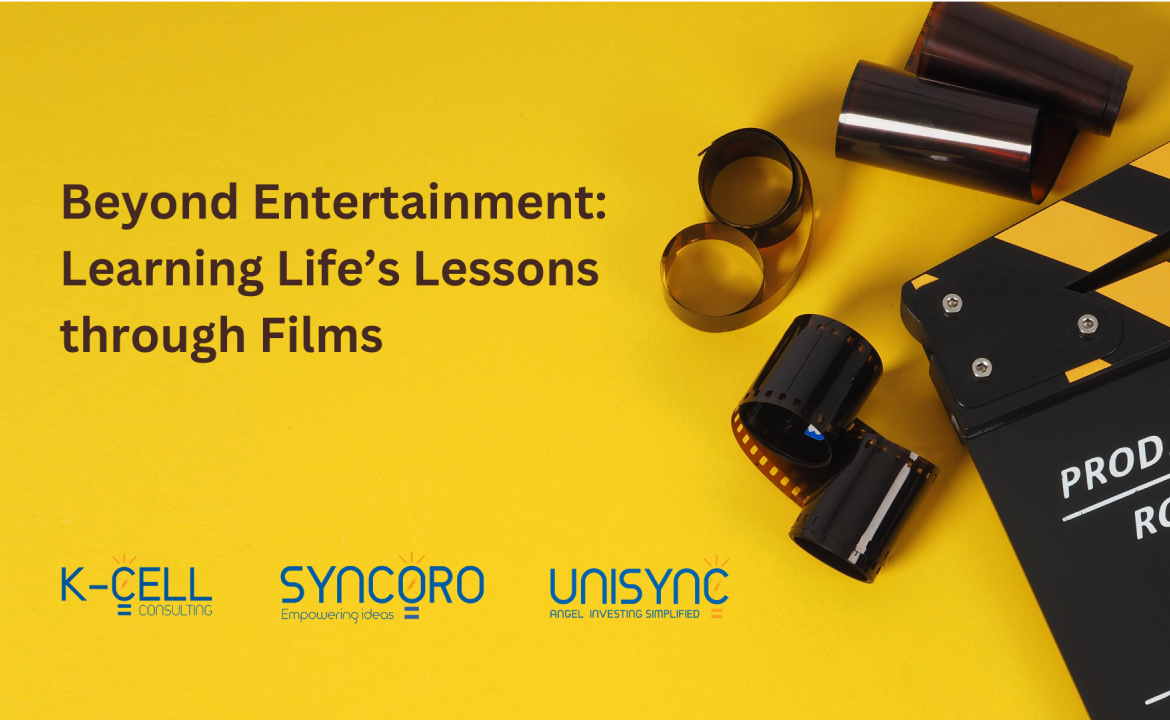Beyond Entertainment: Learning Life’s Lessons through Films
Entering the world of movies is like stepping into a universe where stories come alive, characters change, and valuable life lessons are woven into the narrative. Beyond being entertaining, movies can be a rich source of wisdom that resonates with our own experiences. From watching characters grow to feeling the emotions unfold on screen, the cinema experience is a powerful journey that mirrors the complexities of real life.
Consider films like “The Pursuit of Happiness,” which teaches resilience, or “The Shawshank Redemption,” offering insights on hope and perseverance. In the realm of Hindi cinema, movies like “Taare Zameen Par” shed light on understanding and compassion, while “3 Idiots” imparts valuable lessons about following one’s passion.
Watching a movie with the intention of extracting life lessons can be a thoughtful and enriching experience. Here are 9 key aspects to pay attention to when watching a movie for life lessons:
1) Character Development: Observe how characters evolve throughout the story. Look for their strengths, weaknesses, and the lessons they learn along the way. Consider how their experiences may parallel real-life situations.
2) Motivations and Choices: Analyze the motivations behind characters’ actions and the consequences of their choices. Reflect on how these motivations and decisions relate to your own experiences and decision-making.
3) Themes and Messages: Identify the central themes and messages the movie conveys. Consider how these themes connect to broader aspects of life, such as relationships, morality, personal growth, or societal issues.
4) Conflict Resolution: Pay attention to how conflicts are resolved. Movies often offer different perspectives on resolving challenges. Consider whether these resolutions align with your own values or provide alternative approaches to problem-solving.
5) Cultural and Social Context: Take note of the cultural and social contexts portrayed in the movie. This can provide insights into different perspectives, lifestyles, and societal norms, fostering a greater understanding of the diversity of human experiences.
6) Emotional Impact: Assess how the movie elicits emotions. Emotional storytelling can be a powerful tool for conveying life lessons. Reflect on the emotional responses you experience and explore the reasons behind them.
7) Symbolism and Metaphors: Look for symbolism and metaphors within the narrative. Filmmakers often use visual cues and metaphors to convey deeper meanings. Interpret these symbols and consider how they relate to your own life.
8) Dialogue and Quotes: Pay attention to memorable quotes and impactful dialogue. Sometimes, a single line can encapsulate a profound life lesson. Take note of these moments and reflect on their relevance.
9) Cinematic Techniques including Visual Storytelling & Music: Explore the use of cinematic techniques such as lighting, camera angles, and editing. These elements can enhance the storytelling and convey subtle messages. Also, consider the visual elements of the film, including cinematography and symbolism. Visual storytelling can provide unique insights into emotions, relationships, and the human experience. Moreover, the music and overall atmosphere contribute significantly to the emotional tone of a movie. Reflect on how the soundtrack enhances the storytelling and influences your emotional response.
As the credits roll and the theatre lights gradually illuminate the room, we are left with more than just a memorable viewing experience – we carry with us the lessons intricately interwoven within the fabric of the narrative. These cinematic insights serve as guiding lights, offering reflections of our own experiences, challenges, and triumphs. Remember that everyone interprets movies differently, and what resonates with one person may not have the same impact on another. It’s also essential to approach movies with an open mind and a willingness to engage in introspection. Cinema, with its ability to mirror and illuminate, continues to be a timeless source of inspiration and self-reflection, inviting us to revisit the theatres not just for entertainment, but for the continual exploration of life’s profound truths.

